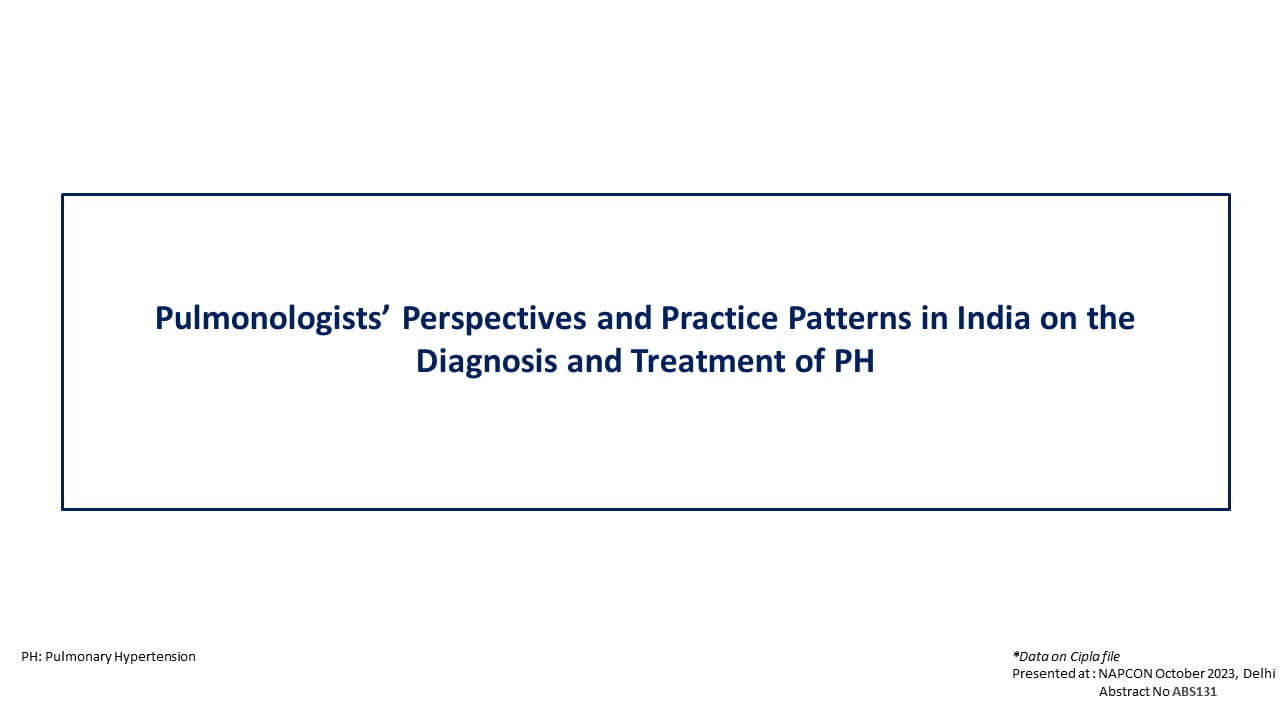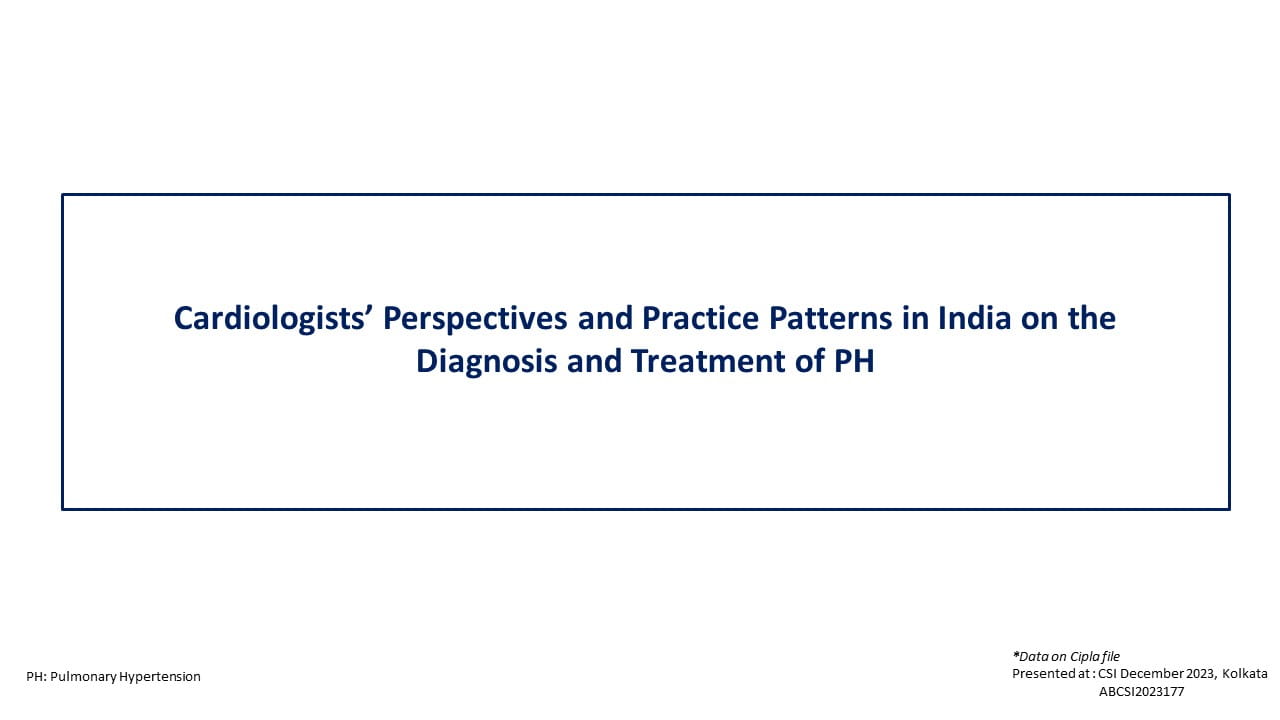Introduction
Individuals with prediabetes are at a high risk of developing type-2 diabetes mellitus (T2DM), cardiovascular complications, peripheral neuropathy, and accelerated frailty, compared to those with normal glucose regulation. Implementation of effective strategies that may prevent the transition from prediabetes to diabetes and thus reduce the risk of associated complications. Lifestyle interventions have been the mainstay for diabetes prevention, nevertheless, adherence to various lifestyle interventions is a challenging task. Various hypoglycemic agents have thus been tested for delaying or preventing the progression of prediabetes to diabetes. The current studies comparing the efficacy of adding lifestyle interventions to metformin vs. lifestyle interventions alone in individuals with prediabetes have been inconclusive.
Aim
To compare the efficacy of adding metformin to lifestyle interventions vs. lifestyle interventions alone in individuals with prediabetes
Study Inclusion Criteria
- The randomized controlled trials (RCTs) comparing lifestyle interventions plus metformin vs. lifestyle interventions alone or lifestyle interventions and placebo in individuals with prediabetes (either with impaired glucose tolerance, impaired fasting glucose, or both).
Methods
Study Design
- A systematic review and meta-analysis of RCTs
Outcomes
Primary Outcomes
- The incidence of T2DM and glycemic control measurements, such as glycosylated hemoglobin (HbA1c) and fasting plasm glucose (FPG) levels.
Secondary Outcomes
- Changes in blood pressure, plasma lipids, insulin resistance and weight measurements.
Results
- A total of 12 RCTs, providing data for 2720 patients, were included in this analysis.
- Adding metformin to lifestyle interventions was associated with a significant reduction in HbA1c levels (SMD = -0.10, 95% CI; -0.19, -0.01, P = 0.03) and a 15% reduction in the incidence of T2DM (RR = 0.85, 95% CI; 0.75, 0.97, P = 0.01).
- Adding metformin to lifestyle interventions was associated with a significant reduction in FPG at 12 months, compared to lifestyle interventions alone (SMD = -0.34, 95% CI; -0.59, -0.08, P = 0.01).
- No significant differences were observed between the two groups in terms of all the secondary outcomes.
Conclusions
- The systematic review and meta-analysis suggested that adding metformin to lifestyle interventions may improve glycemic control by reducing HbA1c and FPG in individuals with prediabetes.
- Addition of metformin to lifestyle interventions in these patients may also reduce their risk of progression to diabetes, compared to lifestyle interventions alone.
- A longer duration of this combined approach may be essential to get the desired effects.
Diabetol Metab Syndr. 2024 Nov 14;16(1):273. doi: 10.1186/s13098-024-01504-8.










